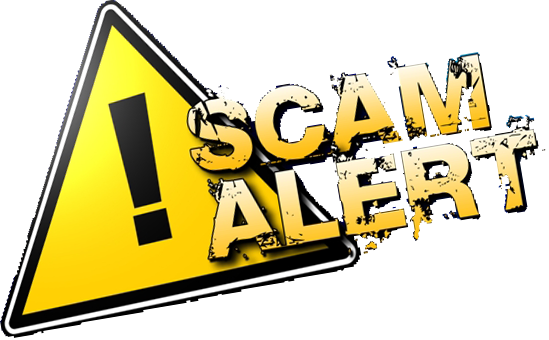Scammers are out trying to steal your money — know before you spend
It’s December 1, meaning less than a month before Christmas Day.
While shoppers are busy finding that perfect gift, so are scammers busy trying to steal away any, or all, of the happiness that goes with the festive season.
The Better Business Bureau says Canadians typically spend in the range of 30 billion dollars over the holiday season. That includes everything from candy canes to ski trips to the area mountains.
Scammers realize the public is more likely to spend and give more over the next few months than any other time of the year.
Here are a few scams the BBB sees year after year:
Charity Scams
- Do your research
- Give to those organizations you’ve given to in the past
- Be the instigator
- Be wary of new crowdfunding links that prey on our emotions
- Check with the Canada Revenue Agency for a charity’s legitimacy and financials
Christmas E-Card Scams
- If you don’t know who it’s from, don’t open it
- Make sure there is a real family name instead of generic “From your Son!”
- Contact the person who sent it to see if the actually did
- Update your antivirus protection
- Don’t click on any links if you are uncertain
Holiday Travel Scams
- Book travel through reputable websites and travel companies
-
If booking through portals like Air BnB, research the property you wish to rent
- Follow all of their terms and conditions
- Look for online reviews of the property
- Look for property where you can meet the owners on arrival
- Buy cancellation insurance and read the fine print for any booking you make
- Be wary of specials that ask you to act now!
Gift Card Scams
- Make sure in-store cards have not been tampered with
- Make sure you are on a secure and reputable website if buying them online
- Buy gift cards directly from the source
Fake Package Tracking Information
- Beware of phishing emails that claim to be from well-known shipping companies like UPS or FedEx
- Don’t click on any suspicious links
- Confirm with friends or relatives if anyone has sent anything that requires picking up
- These companies would usually leave a card at your home indicating where you can pick up your parcel, and would not send you an email



























Comments